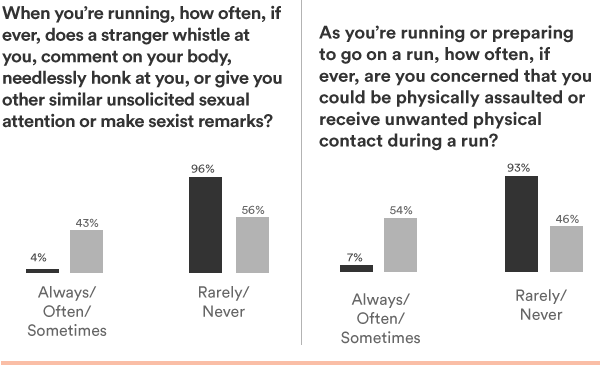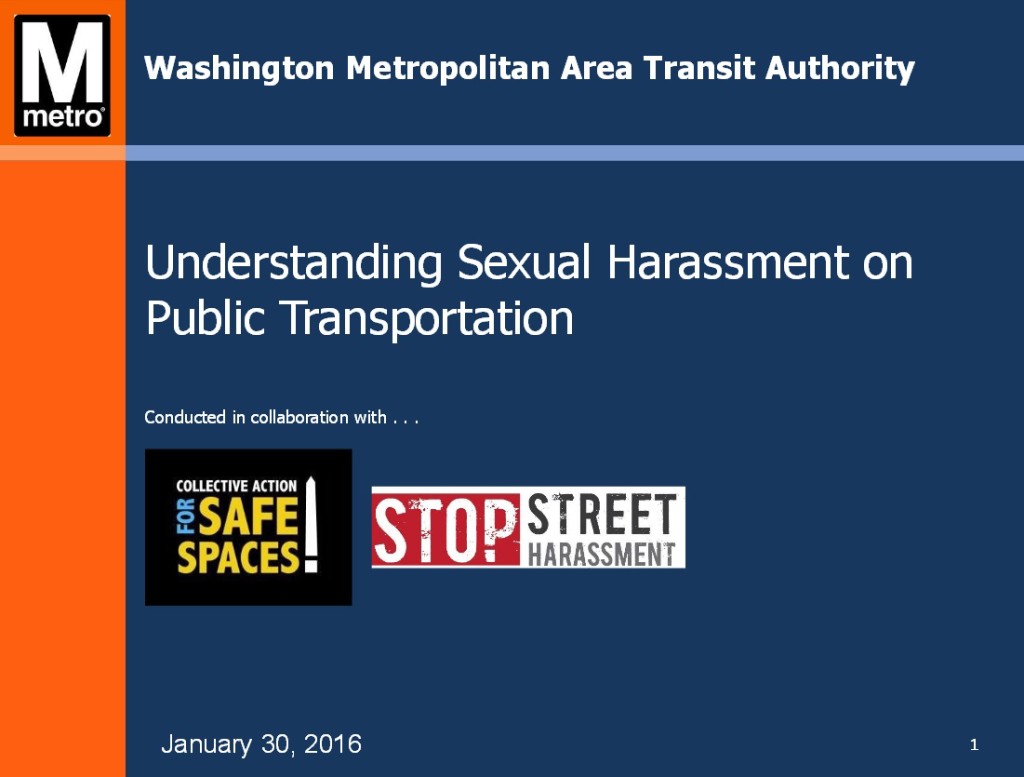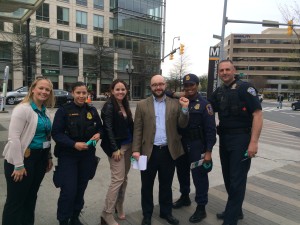I ran my first 5k when I was 8 years old and I began running long distances in middle school. In total, I have 25 years of running under my belt. I use running for stress relief, fitness, to enjoy nature, and to train for races. It’s also a great way to do sightseeing in a new place because you can see more than you can walking but you don’t go zipping by too fast like you might in a car. Sadly, street harassment has marred many of my runs. At least hundreds of men have verbally harassed me, a few have done worse. In my 20s, I realized this is not unusual for women runners. It’s just one more way that we lack safe and equal access to public spaces.
I am so grateful that Runner’s World tackled street harassment and runners by conducting a survey of 4,670 runners and writing a feature article for their December issue. In an unprecedented move, they released the survey results and article online last night. SSH supporter and journalist Michelle Hamilton is the author of the article.
Here is an excerpt, do read the full piece!

“43 percent of women at least sometimes experience harassment on the run, according to a recent RW survey, compared with just 4 percent of men. In the vast majority of cases, it’s not life-threatening. But it is pervasive, and it’s upsetting, and it’s most likely happening to you or someone you know.
A man will look a woman up and down as she runs past. A driver will shout a come-on, laughing with his friends as they speed away. A person on a bike or in a car will follow a woman, and she might dart down a side street to escape. Even if nothing like this happens most days, knowing that it (or something worse) could happen causes stress. As the recent national dialogue surrounding Donald Trump’s sexist comments and alleged assaults brought to light, almost all women—runners or not—have endured unwanted sexual attention. And no matter how swift a woman’s pace, it’s impossible to outrun harassment….
There’s no immediate, easy solution, because sexual harassment is a complex societal problem. But open and honest conversations about the issue—ones that include men as well as women—are a step in the right direction. “Too often, street harassment is normalized and minimized,” Kearl says. “Listening to people’s stories with empathy is important because these actions signal that street harassment is a serious issue.” Kimmel encourages men to speak up when they witness sexist treatment. “If I say nothing, even though I don’t like the behavior,” he says, “other men assume I support it.” Even if female runners can’t be entirely spared of harassment, disrupting the status quo is a place to start.”



 Today, during evening rush hour, we’ll be handing out materials about harassment and how to report it at five Metro stations.
Today, during evening rush hour, we’ll be handing out materials about harassment and how to report it at five Metro stations.